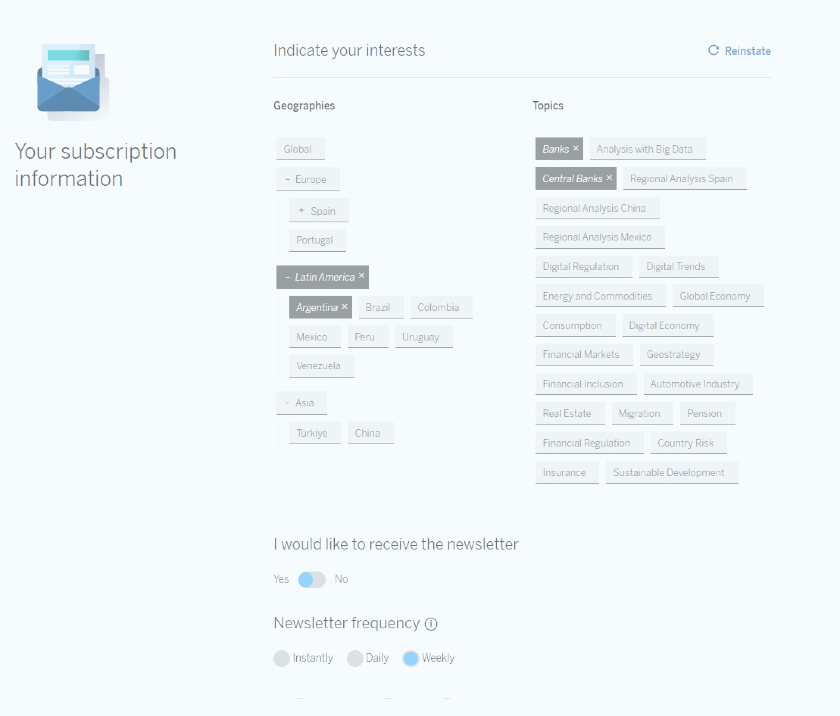March 25, 2025
Argentina Economic Outlook. March 2025
In 2025, GDP is expected to grow by 5.5%, driven by consumption and investment, within a context of disinflationary consolidation and fiscal-monetary discipline. However, two key challenges remain: maintaining fiscal austerity during an election year and making significant progress in normalizing the foreign exchange market
- Types of files Downloads:
- Files








